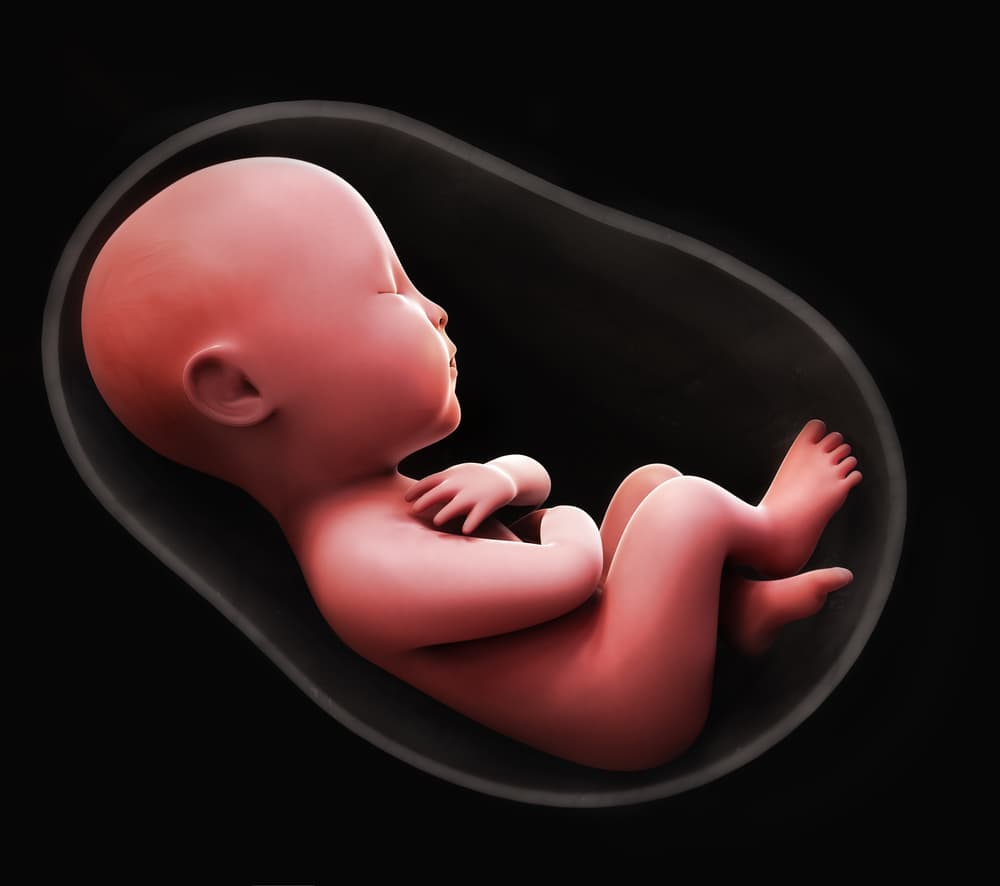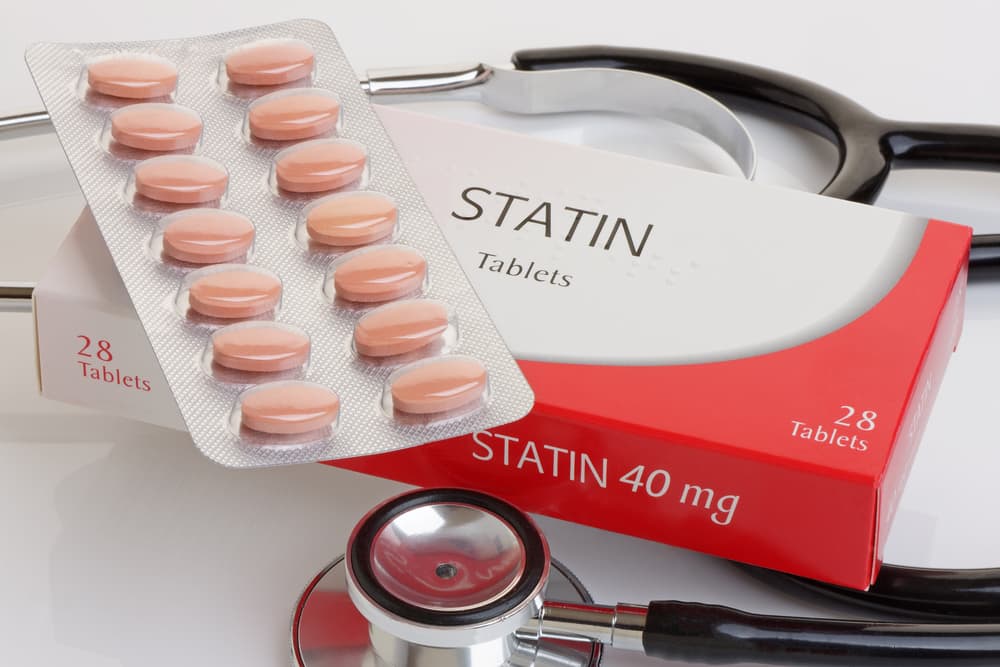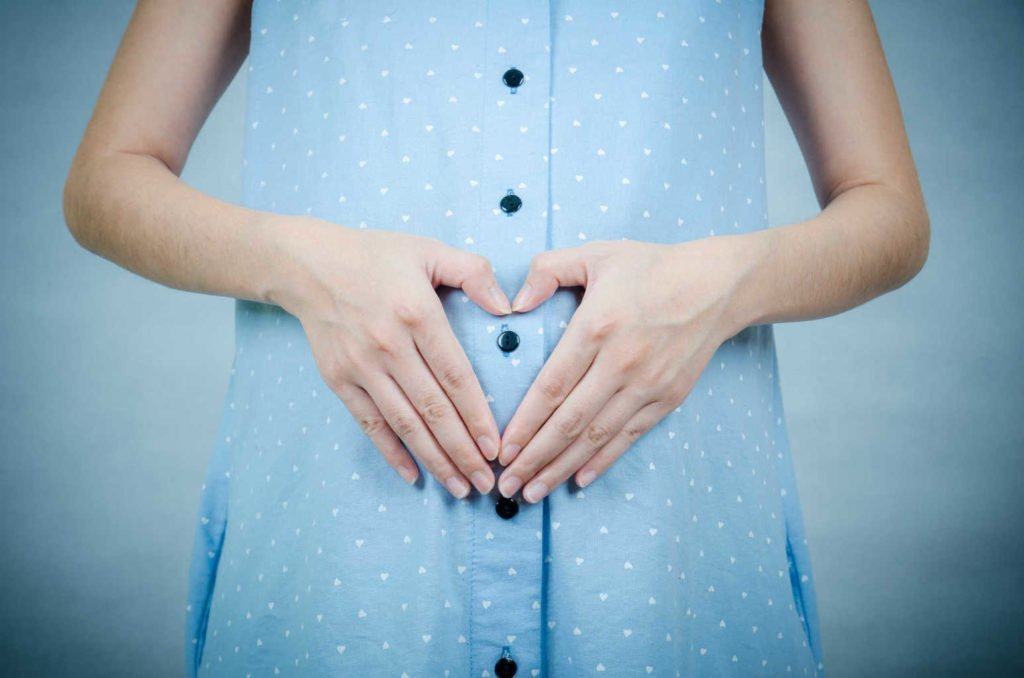Contents:
- Medical Video: How a baby develops during pregnancy
- Effect of fat on pregnant women with fetal development
- 1. Makrosomia
- 2. Gestational diabetes
- 3. Preeclampsia
Medical Video: How a baby develops during pregnancy
It is important for pregnant women to look at their weight before becoming pregnant and during pregnancy. Body weight in pregnant women influences your prospective baby's growth. By regulating body weight, it is expected that the pregnancy that is lived is healthier.
For pregnant women who are too thin, it is necessary to add additional meals to gain weight. Weight gain throughout pregnancy is needed to prevent the onset premature birth and low birth weight. However, the amount does not need to be excessive. Too much weight gain is feared to result in emergence obesity in pregnant women.
The assumption that a pregnant mother's stomach that looks small indicates that the fetus in the womb cannot grow properly, which is actually not true. This is the reason that pregnant women want to gain weight excessively. Not infrequently also pregnant women overeating so that the stomach enlarges. In fact, this small-looking stomach is caused by a layer of fat on the mother's stomach wall that is still thin and not because of the growth of the fetus being disturbed.
Likewise, when your stomach enlarges, the enlarged layer of fat in the mother's stomach wall, not the fetus. Regardless of weight gain, fetal growth is actually relatively the same in all pregnant women first trimester until the end second trimester. Except in special cases, for example in pregnant women who have certain chronic diseases.
Effect of fat on pregnant women with fetal development
Fat in pregnant women does play an important role. Fat that increases with increasing body weight during pregnancy is intended for the fetus, placentaand amniotic fluid.
While the rest is for the uterine muscles that continue to grow, breast tissue, increased blood volume, extracellular fluid, and fat storage for pregnant women in preparation for breastfeeding.
In addition, pregnant women store large amounts of body fat in normal pregnancies to meet the energy needs of the mother and fetus.
However, fat can interfere with fetal development if the amount is excessive. Pregnant women who have excess fat or have obesity can increase complications that also affect the baby who is conceived. Next is the risk of excess fat in pregnant women.
1. Makrosomia
Pregnant women who are obese are at high risk give birth to a big baby or usually called macrosomia. Babies are said to be large or have excessive weight if the weight has reached more than 4,000 grams.
Macrosomia can also increase the risk of occurrence neural tube defects (birth defects caused by imperfect brain and spine development).
Babies born big can complicate labor. If you want to have a normal vaginal delivery, it will certainly be a problem if the baby is too big to not fit through the birth canal.
Babies with macrosomia also have a risk of experiencing low blood sugar levels. In addition, these babies are also more at risk for obesity later in life and / or metabolic syndrome.
2. Gestational diabetes
Pregnant women who are overweight will be vulnerable to being affected gestational diabetes, namely high levels of glucose (sugar) during pregnancy. This often occurs in the last half of the pregnancy period.
Gestational diabetes is caused by a buildup of fat levels in pregnant women which causes the absorption of sugar levels in the body to decrease. Diabetes experienced by pregnant women can have a direct impact on fetal development because high levels of sugar in the mother's blood can cause blood sugar levels in infants to increase.
This is certainly not good for the overall health of the baby. In such cases, babies will often be born with a high body weight, which will also have an impact on the birth process. This diabetes can also increase a mother's risk of preeclampsia in the last stages of pregnancy.
3. Preeclampsia
Preeclampsia is a condition in which pregnant women experience high blood pressure, even though previously they did not have a history hypertension. Other than that, preeclampsia is also marked with increasing protein content in the body.
Preeclampsia can cause the placenta not to get enough blood flow, which should also be transferred to the fetus. This can cause various problems in fetal growth and development, because the fetus does not get enough food from the mother.
Problems that often arise in the fetus are low birth weight and premature birth, so the baby must be removed immediately before the blood pressure gets higher. This can also lead to growth problems when the child is born, such as impaired cognitive function and vision and hearing problems in children.













